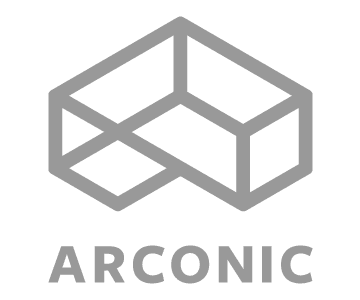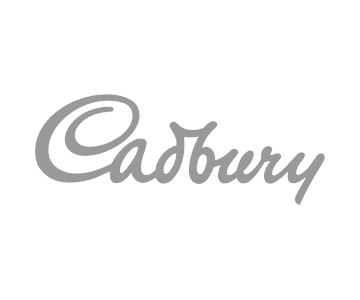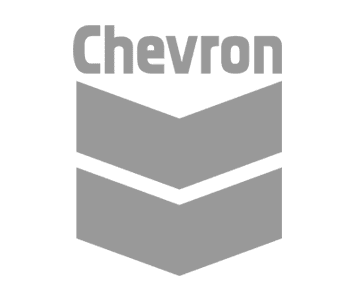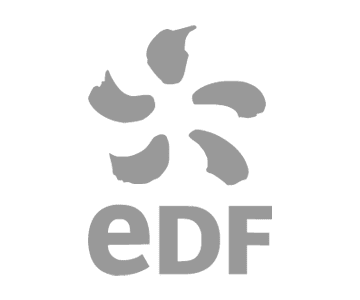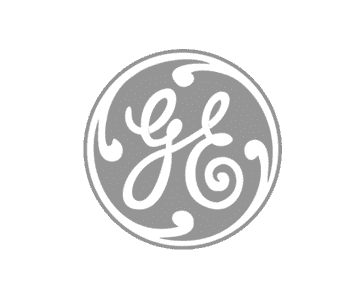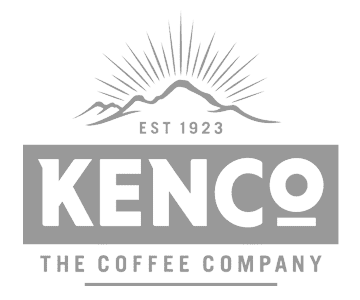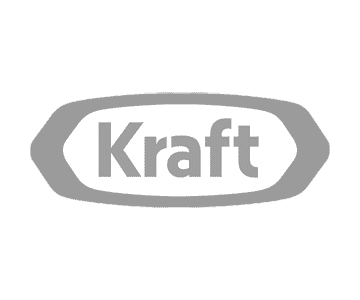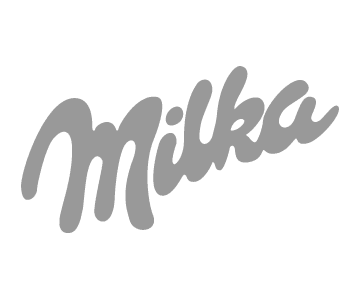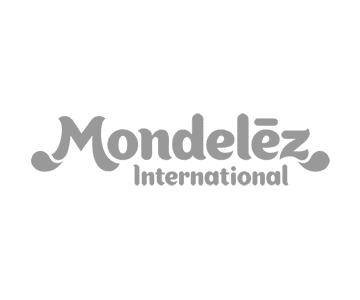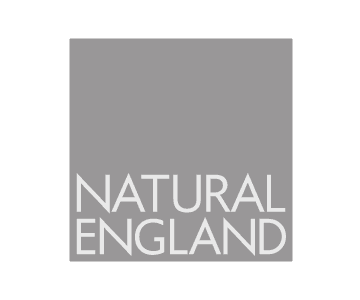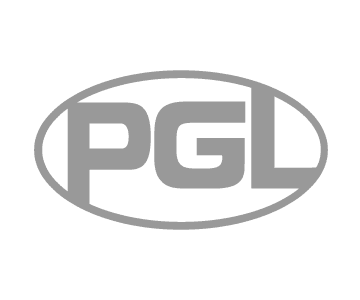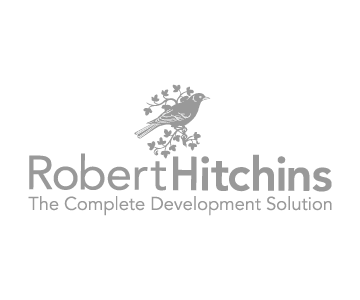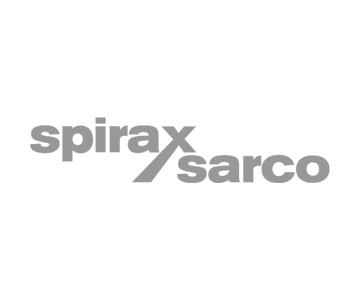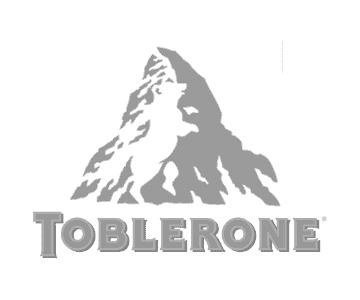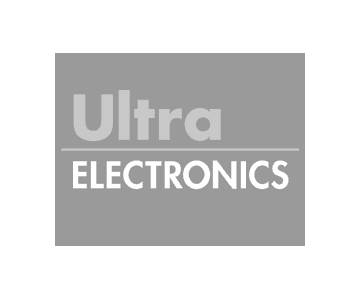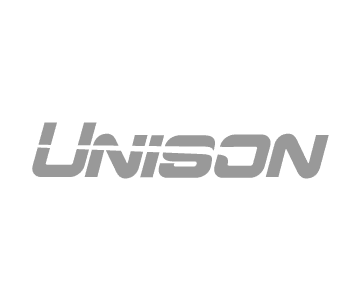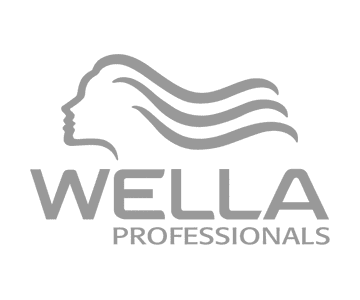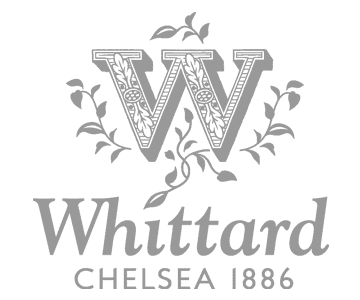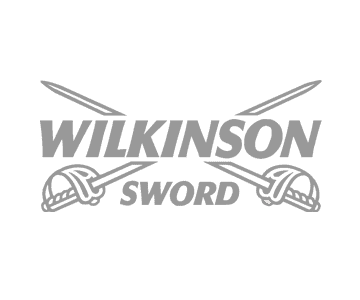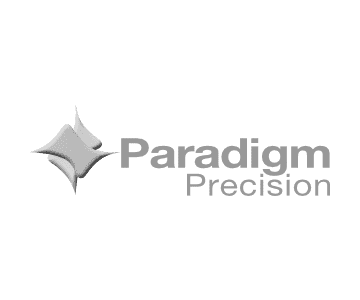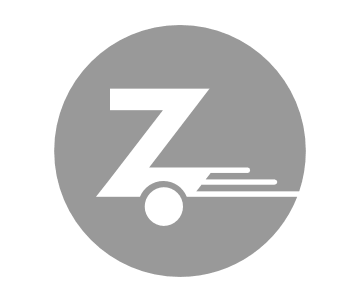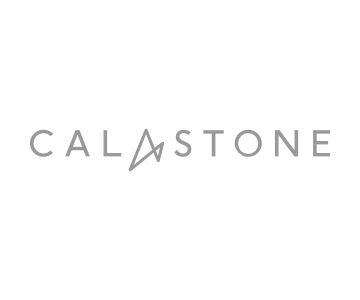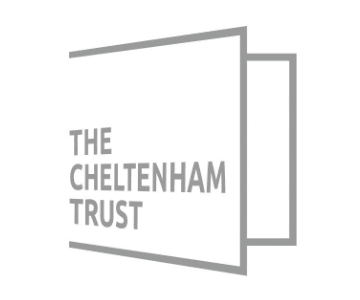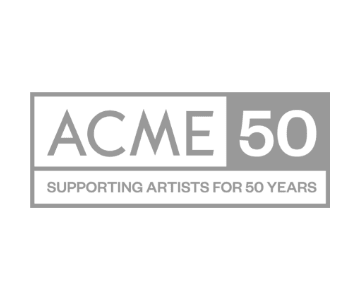When Looking for something? How often do you say, “I’ll Google it”? The reality is that Google has nearly a 90% share of UK search traffic, meaning that if you’re not on the first page of Google search results, you may as well not exist!
Look closely at this first page and see that the top of the page is taken up by sponsored links and Google shopping, in other words, paid-for ads — which is how Google makes a living. Even the local business listings (Google My Business) now prioritise paying businesses.
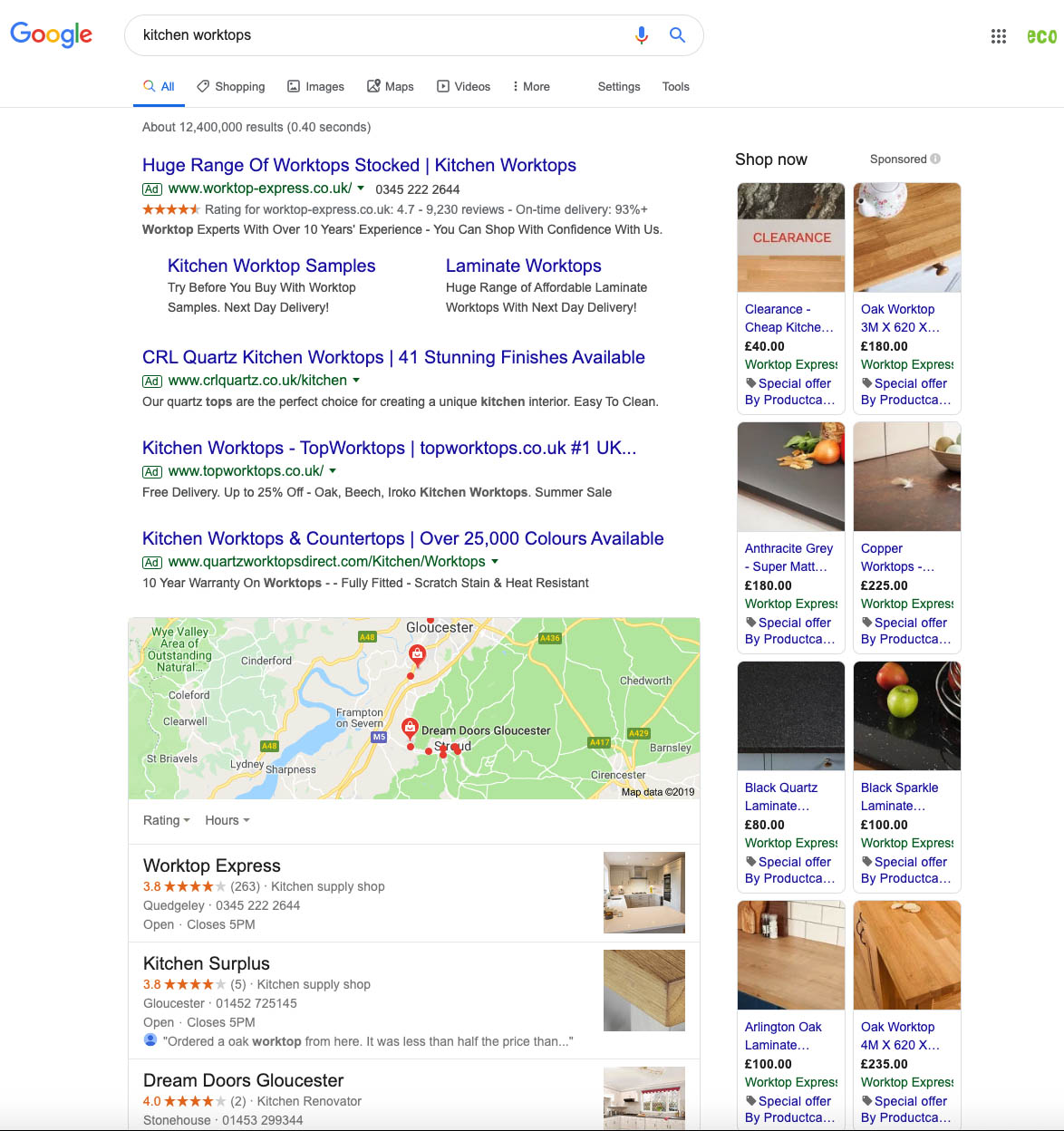
Is the number of ads on Google something you should worry about? That depends on what side of the fence you are on. Suppose you’re a buyer of online advertising, an online retailer or a business owner looking for new customers. You’ll be entering the bidding ‘arms race’ for space against your competitors to be at the top of Google — fantastic for Google revenues, especially with their market dominance in the UK.
Being at the top of Google with natural search is starting to become more valuable, especially to those who spot the difference between what are ads and what is genuinely interesting online content.
Optimising Your Online Marketing and Ads
Google Ads gives you many tools to optimise your online advertising, and you can track most things, helping many marketers justify their spending. If you don’t use these optimisation tools skillfully, you’ll spend even more of your budget on Google – smoke and mirrors come to mind! This complexity has spurned a new industry of consultants and agencies who can manage your campaigns as running simple Google Ads or Bing campaigns becomes increasingly more challenging. Add re-targeting advertising (these ads follow you around as you visit sites), and the online advertising landscape becomes evermore confusing to navigate.
What Google AdWords and Bing Ads (approx. 7% market share) are good at is tracking engagement, which helps rationalise spending on online advertising, sometimes at the expense of traditional media channels. It’s always easier to justify spending more on online ads when impressive graphs show pay-per-click (PPC) campaign clicks and an endless stream of sometimes meaningless data. And who are all these punters clicking on my ads? Are they genuine or trying to sell back into my business, competitors or consumers endlessly researching their next purchase? The most important question is, “Are these clicks converting into business for you?” or just generating click revenues for our friends over the pond?
Don’t forget Content and Video Marketing
Is there an alternative to paying Google or Bing? Yep, there is… it can be more complex potentially time-consuming, yet more rewarding and valuable to any business. You are trying to please good old Google. The main difference is you’ll not be paying them but generating information and content that interests your customers, clients, and Google’s algorithms.
Content Marketing Strategies puts you and your business centre stage; you’re the experts in your field. This involves generating helpful information and content, anything from product information, articles, short videos, podcasts, and anything that engages with your clients and customers. This builds trust with your brand; it becomes less of a hard sell. If you get the content right, traceable traffic will be had if your website is performing correctly (SEO’d). Content marketing isn’t a quick fix, but it is much more engaging in the long term. Kick-start with a pay-per-click campaign, well-optimised web pages, or even social media promotion, and it could make a real difference to your marketing campaigns.
Please call if you need help with pay-per-click campaigns or want to explore how Content Marketing could TurnRound your Marketing.






